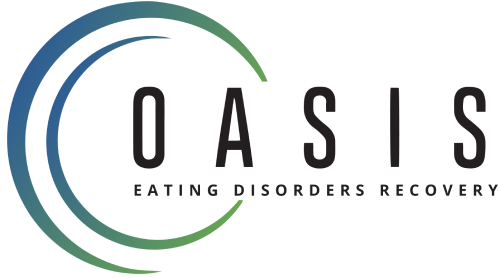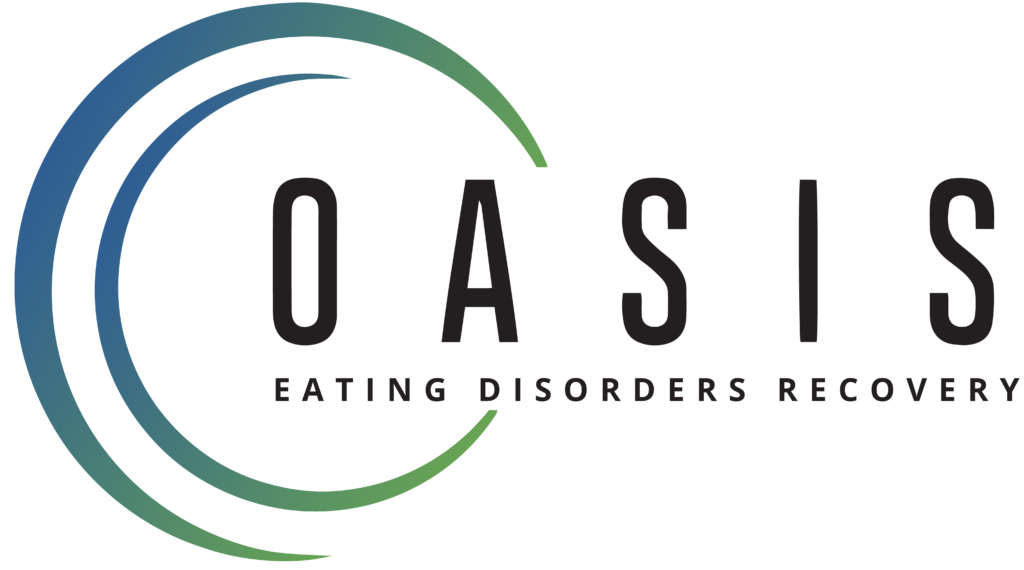Choose Facility
Why Do I Keep Binge Eating At Night?
f you’ve ever got up in the middle of the night and treated yourself to ice cream or another snack, this article is for you. This is quite common, but if your nightly trips start happening more frequently, it may be time to get help from a professional. So, let’s talk about binge eating and why you may feel particularly hungry during the night.
What is binge eating?
According to the National Institute of Health, Binge eating is a pattern of disordered eating that involves episodes of uncontrollable eating. During a binge, a person may eat a large amount of food in a short period of time, even if they are not hungry. They may also feel a sense of loss of control or shame during the binge.
| Feature | Binge Eating | Overeating |
| Definition | Recurrent episodes of eating significantly more food in a short period of time than most people would eat under similar circumstances, with episodes marked by feelings of lack of control. | Eating more food than you typically would in a single sitting. |
| Symptoms | Feeling a sense of loss of control during the episode, eating even when you are not hungry, and feeling guilty or ashamed afterward. | Not feeling a sense of loss of control during the episode, not feeling guilty or ashamed afterward. |
| Causes | Binge eating disorder, emotional distress, stress, and boredom. | Emotional distress, stress, boredom, dieting, genetics. |
| Treatment | Therapy, medication, lifestyle changes. | Lifestyle changes. |
Some symptoms and signs of binge eating include:
- Eating large amounts of food in a short period of time
- Feeling out of control during a binge
- Eating until you feel uncomfortably full
- Eating alone because you feel embarrassed
- Feeling guilty or ashamed after a binge
- Eating even when you’re not hungry
- Hoarding food
- Avoiding social situations because of your eating
Why do I binge eat at night?
Eating late at night can have many causes, ranging from something as simple as skipped meals to hormone levels. We’ve summarized the reasons why you may binge eat at night below:
- Time of day: Ghrelin is the hormone responsible for appetite and studies show that levels increase at night while our feeling of fullness decreases.
- Stress levels: The study that discovered the ghrelin increase at night also noticed that binge eating increased at night when cortisol levels were high. Cortisol is called the stress hormone and makes you hungry by raising your blood sugar and insulin.
- Bad diet: The type of food you eat can affect your hunger levels. Leptin is a hormone that helps your body manage weight and regulate body fat. If your diet includes sugary and processed foods, your body may develop leptin resistance and, as a result, you may have trouble feeling full (Cleveland Clinic).
How can I stop binge eating?
If you’re interested in stopping your frequent nighttime snacking, there are several strategies that could help you:
- Understand Your Triggers: Keep a food and mood diary to identify patterns. For instance, you might notice that you binge eat when you’re stressed, lonely, or bored. Once you know your triggers, you can develop healthier coping mechanisms.
- Follow a Regular Eating Schedule: Eating meals and snacks at the same times every day can help regulate your hunger signals and reduce the likelihood of binge eating.
- Practice Mindful Eating: Eat slowly, savor each bite, and try to engage all your senses. This can help you enjoy your food more and prevent overeating.
- Keep a Balanced Diet: Consuming a diet rich in whole foods, such as fruits, vegetables, lean protein, and whole grains, can keep your blood sugar stable and prevent food cravings.
- Exercise Regularly: Physical activity can help regulate your appetite and mood, which may reduce the desire to binge eat.
- Manage Stress: Find healthy ways to cope with stress, such as meditation, yoga, walking, or other relaxing activities.
- Get Enough Sleep: Lack of sleep can increase hunger and cravings. Make sure to get a sufficient amount of quality sleep each night.
- Seek Professional Help: If binge eating continues to be a struggle, consider reaching out to a healthcare professional. This could be a dietitian, a psychologist, or a psychiatrist who specializes in eating disorders. They can provide you with personalized strategies and treatments, such as cognitive-behavioral therapy (CBT), which is often very effective in treating a binge eating disorder.
Help is here when you need help with binge eating
Remember, you’re not alone, and professional help is available at Oasis Eating Disorder Recovery clinic. We offer a range of supportive programs, including:
- Intensive Outpatient Program
- Partial Hospitalization Program
- Outpatient Psychiatric Services
- Specialized Mental Health Services
In our clinic, you will find a team of professionals ready to journey with you towards achieving a healthier relationship with food and yourself. Your struggle is valid, and so is your ability to overcome it. Together, we can turn these nightly food struggles and guide you along the stepping stones toward a healthier, happier you. Contact us today to learn more!
All Rights Reserved © by Oasis Eating Recovery Center | Website Sitemap | Privacy Policy | Billing Policy



